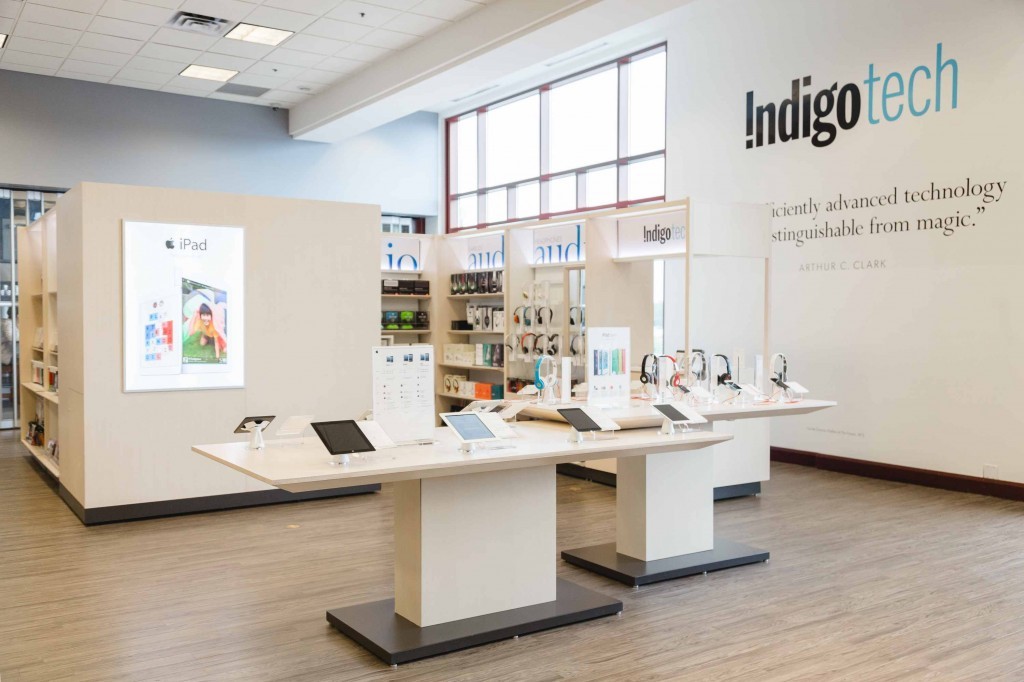Four years ago there was a lot of panic in the book selling industry regarding e-books. The consensus was that digital reading was going to take over and physical books were going to become a relic of some other time and place. In 2015 indie bookstores and national chains all believe that print and digital co-exist, they don’t compete with each other.
The dream of an e-book only world has been severely squashed by a number of notable reports. The Association of American Publishers released their annual data report a few weeks ago and they found that in the first three months of 2015 they have plummeted 7.5% from the same period last year.
Meanwhile, according to the US Census Bureau Brick and mortar bookstore sales are on the rise for the third straight month. May 2015 sales across the board for books, stationary and magazines have increased 0.9%, to $776 million from the same period last year.
Major bookstores all over the world have proclaimed that they used to sell a lot of e-readers and direct customers to their preferred e-book store, but this isn’t the case anymore. The Kindle “has disappeared to all intents and purposes”, said James Daunt the head of Britain’s biggest book chain Waterstones. He also reported that print book sales lifted by 5% in December 2014.
Meanwhile, Australian bookseller Jon Page of Page and Pages said “print sales were up 3% last year, which is fantastic because for the last three years we’d actually seen a decline in that time.”
In Germany brick-and-mortar bookstores maintained better sales performance than online bookstores for the second year in a row and even gained a higher percentage of overall book sales (49.2% of book sales in 2014 compared to 48.6% in 2013). Online bookstores saw a significant decline of 3.1% in terms of market share.
Large booksellers aren’t the only companies to sell decreased interest in e-books and e-readers, but indie bookstores have noticed this trend as well. Most of them deal with Kobo, who has been running a hardware and software scheme since 2012.
“It’s not even a drop in the bucket really,” said Arsen Kashkashian, inventory manager at Boulder Bookstore. “Our sales are up for the year and they’re coming from physical books.” He estimates the store has about 10 customers who regularly purchase e-books, with a few other occasional downloads. “I don’t have exact numbers but let’s say we make $10 off each hardback copy of (Harper Lee’s “Go Set a Watchman”). E-books make 50 cents,” he said.
Many indie bookstores actually see no point to carrying e-readers or e-books. “We have no plans to sell Kobos at this time,” said Bob Ryan, manager of Wakefield Books in Wakefield, R.I. “We understand the popularity of the e-readers, but we’re going to cater to the print readers.”
Meanwhile, Steven Baum, co-owner of Greetings & Readings in Hunt Valley, Md., which once carried electronics, has no desire to return. “We left that industry when the sales tax was greater than the profit margin,” he said. “The Kobo is too little too late. E-book readers are already on a massive decline, because of the tablet.”
Other booksellers were soured by the Google experience and decided not to sell Kobo e-readers. “We did the Google thing,” said Grant Novak, manager of the Vermont Book Shop in Middlebury, which is not selling e-books.
Major bookstores such as Chapters Indigo, who was an early investor in Kobo continues to sell their hardware and directs customers who want to buy digital content to the Canadian based online retailer. They continue to hype up the latest devices because they would rather make something from people buying e-books and hardware, than if a customer bought something online from Amazon. Barnes and Noble continues to sell print, but still sells their own line of hardware and owns their own content distribution platform.
The big bookstores have successfully embraced digital in addition to selling print. Indie bookstores don’t see much of a demand from Kobo e-readers but are savvy enough to recognize the people visiting their shops are doing it because they like tangible things and participating in bookstore culture.
Michael Kozlowski is the editor-in-chief at Good e-Reader and has written about audiobooks and e-readers for the past fifteen years. Newspapers and websites such as the CBC, CNET, Engadget, Huffington Post and the New York Times have picked up his articles. He Lives in Vancouver, British Columbia, Canada.
